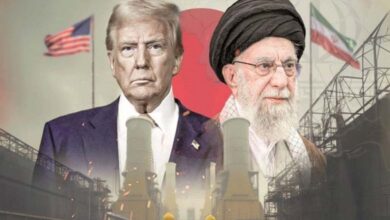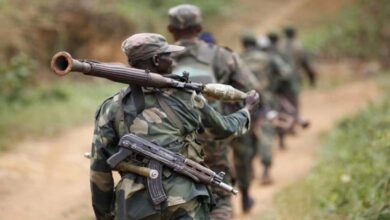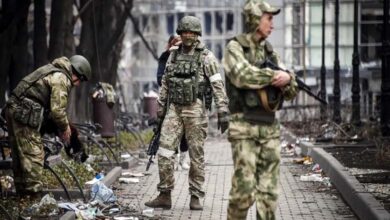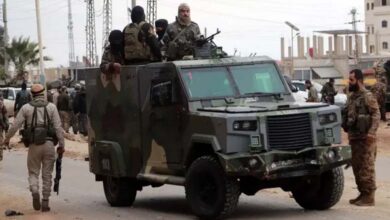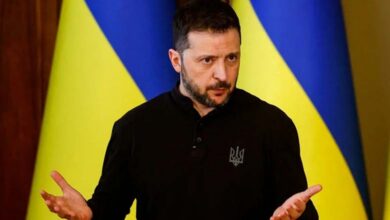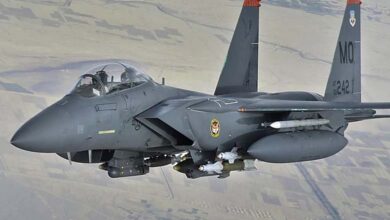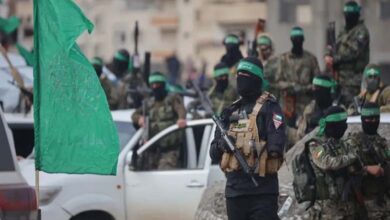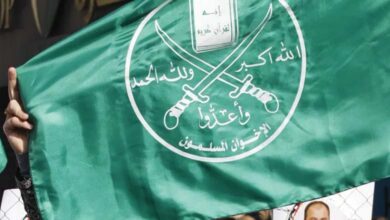Trump and Sudan: Can the Still Waters Move Again?
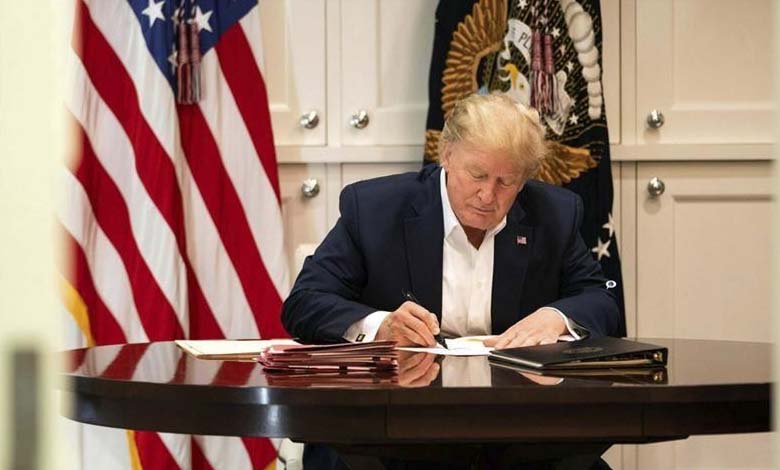
A U.S. initiative aims to facilitate a peaceful resolution to Sudan’s crisis, raising the question: can this breakthrough finally unsettle one of the world’s most stagnant conflicts?
-
Sudan Squanders Hamdok Government’s Gains… U.S. Ban Reinforces Terrorism Stigma
-
Rapid Support Forces Warn of Islamist Threat to Sudan’s Unity
Since April 15, 2023, Sudan’s army and the Rapid Support Forces (RSF) have been in armed conflict, resulting in approximately 14,000 deaths and more than 8 million displaced persons or refugees, according to the UN.
In his first comments on Sudan since returning to the White House, President Donald Trump announced serious U.S. efforts to end the conflict through a peaceful settlement, prompting relief among Sudan’s civilian anti-war forces.
Trump spoke during an economic summit attended by the presidents of Mauritania, Senegal, Gabon, Guinea-Bissau, and Liberia. He emphasized the urgent need for U.S. action to stabilize Sudan and other conflict-affected regions such as Libya.
-
Ethnic Cleansing in Al-Khuwai and Al-Hammadi: A Horrifying Escalation in Sudan’s Militia Warfare
-
Sudan Shaken by Retirees’ “No”: A Voice from the Army Rises Against War and Chemical Weapons
Domestic Endorsement
The Democratic Civil Coalition for the Revolution, known as “Samoud,” welcomed Trump’s remarks. Its spokesperson, Jaafar Hassan, described the initiative as “appreciated” and urged friendly nations to back negotiated political solutions to halt a war that has taken countless lives, devastated infrastructure, and inflicted humiliation upon millions of Sudanese.
The Sudan’s National Umma Party also praised the initiative. In a statement, the party affirmed that any resolution must be grounded in free national will, backed by effective international support, and aligned with Sudanese aspirations for a “fair and inclusive peace” rooted in justice, accountability, and the establishment of a democratic civil state. They urged the international community, led by the U.S., to listen to the Sudanese people, especially war victims, and support a comprehensive, sustainable political solution.
-
Chemical Weapons in Sudan: A Military Crime in Global Silence
-
Investigative Report: Is the Sudanese Army Leading a Silent Campaign of Ethnic Cleansing in the West?
Quartet-Level Diplomacy
Trump’s statement follows recent diplomatic efforts by U.S. Deputy Secretary of State Christopher Landau, alongside the ambassadors of the UAE, Saudi Arabia, and Egypt in Washington. In early June, they called on Sudanese conflict parties to cease fire and enter negotiations, aiming to revive a quadripartite peace initiative supported by the U.S. and rejecting military solutions.
Experts interpret these moves as evidence of a renewed U.S. diplomatic strategy in Africa — focusing on Sudan and Libya — after years of diminished influence. Analyst Moussa Jouda, editor-in-chief of African Matris, describes Trump’s coordinated regional actions as preemptive steps to prevent the conflict from spilling over into neighboring countries. He notes Washington’s behind-the-scenes work with Sudan’s neighbors to contain the crisis.
-
The Lies and Betrayal of the Kizan Against the Sudanese People: When War Becomes a Tool for Extortion and Power
-
Sudanese Political Analyst: Port Sudan Attacks Signal a Dangerous Strategic Shift in the Course of the War
What Are the Chances?
According to Jouda, the U.S. has critical strategic interests tied to regional stability, giving the Trump administration impetus to act decisively and bring its full weight to bear. Its aim is to block any Russian or Chinese advance, particularly amid increasing militarization in African politics — with Sudan a pivotal case.
Trump has asserted that his administration is actively promoting peace through a new “Africa First strategy,” emphasizing political dialogue and economic cooperation. His special advisor for African affairs, Massad Boulos, called the Sudan crisis “the largest humanitarian disaster currently facing the world,” urging the opening of urgent humanitarian corridors.


